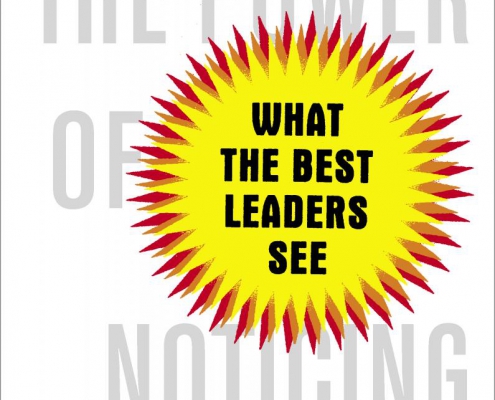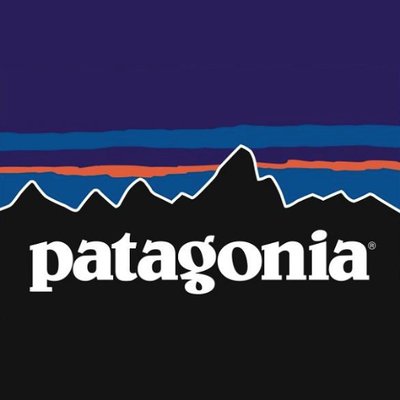
Company Snapshot: “Don’t Buy Our Products” – Ethics at Patagonia
Case Study, Corporate Culture, PractitionerThe second of three Company Snapshots, these research-based pieces by guest author Jessica Guo look at aspects of successful companies that can be examined for strategy and information of benefit to both active businesses and the academics that study them. See our first company snapshot examining culture and values at Costco.

Company Snapshots: “Don’t Buy Our Products” – Ethics at Patagonia
When asked what he thought made a good company, Yvon Chouinard replied with one word: responsibility.
Despite being the founder of a retail consumer brand company Patagonia, Chouinard is also a conservationist who advocates for anti-consumerism. He believes that Patagonia has “made a contract with our customers to make clothing as responsibly as possible.” To that end, Chouinard actively encourages his consumers to “think twice before you buy a product from us. Do you really need it or are you just bored and want to buy something?”

Company Snapshot: At Costco, Culture is King
Case Study, Corporate Culture, PractitionerThe first of three Company Snapshots, these research-based pieces by guest author Jessica Guo look at aspects of successful companies that can be examined for strategy and information of benefit to both active businesses and the academics that study them. Additional Company Snapshots will be published on Mondays for the next two weeks.

Company Snapshots: At Costco, Culture is King
“Culture is not the most important thing in the world. It's the only thing.”
According to Jim Sinegal, founder of retail giant Costco, the company’s culture drives its business strategy. Costco’s success turns on its ability to recognize and respect what Sinegal calls “what we stand for in the customer's eyes, and what we mean to all of the stakeholders in our business.” Those core tenets include putting the customer first, rewarding its employees, and valuing its suppliers.
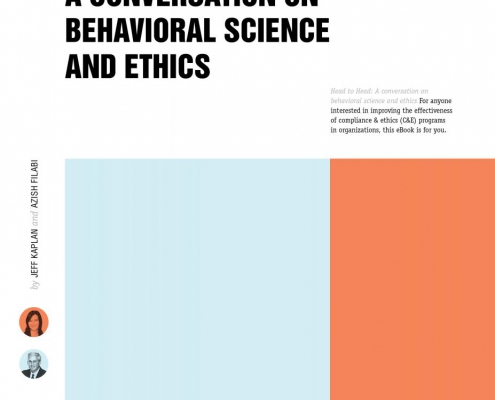
Head to Head: A conversation on behavioral science and ethics
E-Book, Leadership, Practitioner, Professor, Researcher, Teaching Ethics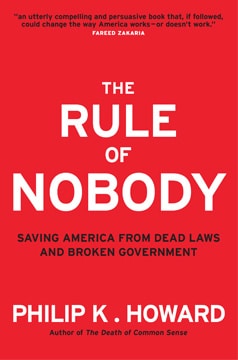
Book Summary: The Rule of Nobody
Book Summaries, Law, Practitioner, Professor, ResearcherIn The Rule of Nobody, Philip Howard describes how bureaucracy is stifling U.S. institutions as well as the spirit of autonomy and free will among Americans. We live within a system whereby layers upon layers of often incomprehensible and inconsistent regulations, mandatory disclosures and requirements create a society that is “governed by dead laws” — meaning that since many of today’s laws are so outdated, they have been rendered irrelevant because layers of new (and sometimes inconsistent) laws have been enacted after them, or they have become otherwise destructive to the social good because they hamper progress.

The Rule of Nobody [homepage | public library]
By: Philip K. Howard
Summarized by Azish Filabi
The book is packed with examples of inept laws replacing common sense human judgment. In many cases, government agencies are comprised of well-meaning individuals who can’t apply their common sense and best judgment to resolve the problems they are hired to manage.
His recommendations for restoring human control of democracy and bringing about good government involves a series of reforms (summarized below) towards principles-based regulation, including appointing independent commissions to review and propose amendments to existing laws, to mandatory sunset provisions of all laws with budgetary impact, thus compelling Congress to consider the present needs of constituents when allocating expenditures.
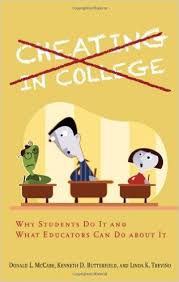
Cheating in College: Why Students Do It and What Educators Can Do About It
Book Summaries, Cheating & Honesty, Practitioner, Professor, Researcher, Teaching Ethics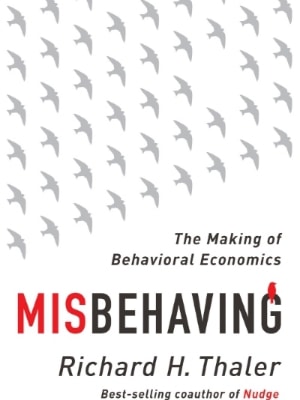
Misbehaving: The Making of Behavioral Economics
Book Summaries, Cheating & Honesty, Contextual Influences, Decision Making, Fairness, Internal Reporting, Practitioner, Professor, Researcher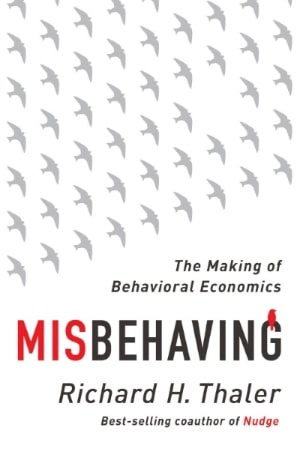 What do economics, psychology, and experimental science have in common? As Richard Thaler implies in Misbehaving: The making of behavioral economics, most economists would say little to none — but this couldn’t be further from the truth. Misbehaving is, first and foremost, a story of how modern economics, finance, and theoretical analysis have become increasingly specialized and narrow without substantial practical value. Utilizing empirical studies and anecdotes, funny stories, and even some jokes, Thaler persuades the reader that behavioral studies — or psychology-motivated disciplines which focus on humans, not mythical rational agents — are here to stay.
What do economics, psychology, and experimental science have in common? As Richard Thaler implies in Misbehaving: The making of behavioral economics, most economists would say little to none — but this couldn’t be further from the truth. Misbehaving is, first and foremost, a story of how modern economics, finance, and theoretical analysis have become increasingly specialized and narrow without substantial practical value. Utilizing empirical studies and anecdotes, funny stories, and even some jokes, Thaler persuades the reader that behavioral studies — or psychology-motivated disciplines which focus on humans, not mythical rational agents — are here to stay.
Thaler’s findings have numerous and far-reaching implications for designing and implementing ethical systems within organizations. Read our book review and learn more.
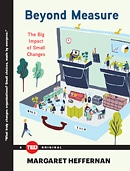
Book Review: Margaret Heffernan’s “Beyond Measure”
Book Summaries, Corporate Culture, Leadership, Practitioner, Professor, Researcher Margaret Heffernan's new book "Beyond Measure: The big impact of small changes," is an original manifesto for business leaders. Creating strong organizational cultures does not require multi-million dollar programs; instead, small actions by each employee- from Custodian to CEO- matter more and have the biggest impact.
Margaret Heffernan's new book "Beyond Measure: The big impact of small changes," is an original manifesto for business leaders. Creating strong organizational cultures does not require multi-million dollar programs; instead, small actions by each employee- from Custodian to CEO- matter more and have the biggest impact.
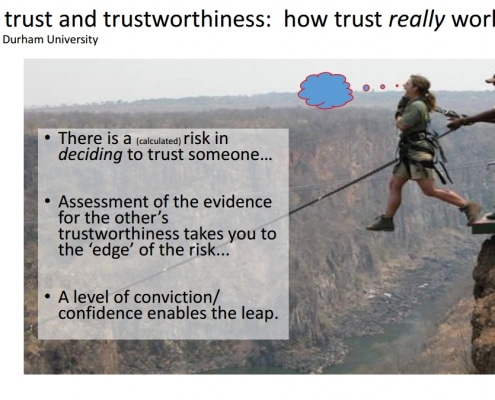
Trust
Practitioner, Professor, Research Summaries, Researcher, Trust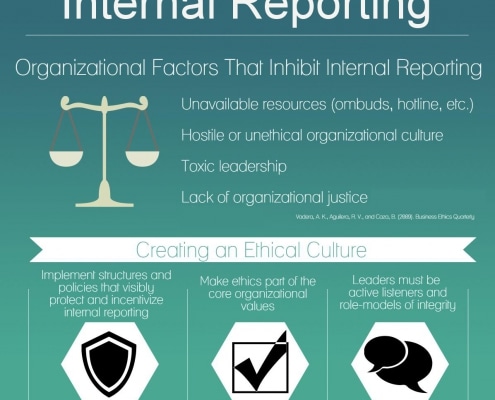
Internal Reporting
Internal Reporting, Practitioner, Professor, Research Summaries, Researcher